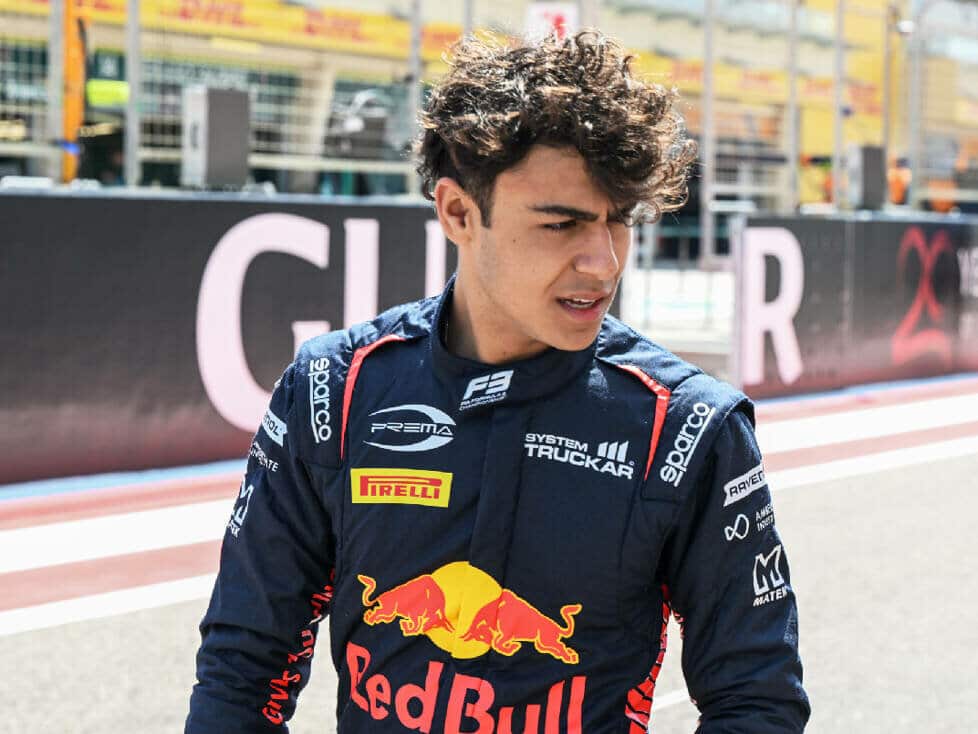The FIA has created the option of issuing the super license required for Formula 1 to 17-year-olds: Will even a Red Bull Junior benefit in the end?
The FIA change to the super license rules, allowing 17-year-olds to enter Formula 1, has nothing to do with Mercedes junior Andrea Kimi Antonelli and could even benefit Red Bull,
Earlier this month, the world governing body updated Appendix L of its International Sporting Code with a clause stating that certain 17-year-old drivers can be granted special permission to obtain a super license.
The FIA explained that this change meant that such drivers could, at their “sole discretion”, race in Formula 1 before reaching the age limit of 18 set out in the super license rules, following Max Verstappen’s promotion to the premier class in 2015 at the age of 17.
Mercedes plan: Antonelli to Williams no longer an issue?
The move has been widely interpreted as a response to Mercedes’ desire for Antonelli – who is expected to race for the Silver Arrows in 2025 – to make his Formula 1 debut in 2024, before he turns 18 in August and automatically qualifies for a super license under existing rules.
The thinking behind such a move would be that Antonelli could gain his first Formula 1 experience in a team further down the grid. It is understood that Mercedes customer team Williams has applied for an exemption for Antonelli to make his Formula 1 debut with the British team.
What is confusing about the rule change by the FIA, however, is that Mercedes are believed to have scrapped the aforementioned plan and that a miscommunication between team principal Toto Wolff and his Williams counterpart James Vowles had led to the exemption for Antonelli being requested for May’s race in Miami.
However, it has now emerged that while the original request for a waiver was the catalyst for the rule change, the FIA decided that the age element of the superlicense rules needed further consideration in any case – in collaboration with the Formula 1 teams.
Arvid Lindblad: Way clear for FT1 entries still in 2024?
After the matter had been discussed in the regular meeting of Formula One team managers that FIA officials took the time since the Miami race to go through the governing body’s governance structure following the decision to implement the ISC Annex L update.
This meant that the change was passed from the FIA Superlicensing Working Group to the Safety Committee before the World Motor Sport Council approved the rule change.
“At the sole discretion of the FIA, a driver who has consistently demonstrated outstanding ability and maturity in recent single-seater formula car competition may be granted a Superlicense at the age of 17. The change followed due process and was ratified by the Safety Commission and the WMSC. “
The reason why this situation could now be advantageous for Red Bull is that up-and-coming driver Arvid Lindblad – who currently races in Formula 3 – will turn 17 in August. The change to the ISC Annex L therefore means that he could receive a super license to compete in a number of FT1 sessions from that date.
This would give Red Bull a boost as Lindblad is believed to be rated as one of the best in the junior program by motorsport advisor Helmut Marko. However, any chance of Lindblad receiving a super license even for FT1 sessions would still require approval from the FIA under the discretionary powers of the ISC amendment.
Lindblad is currently fifth in the Formula 3 drivers’ standings, 28 points behind championship leader Gabriele Mini. The Briton has been part of the Red Bull Junior program since 2021 and finished third in the Italian Formula 4 Championship last year





